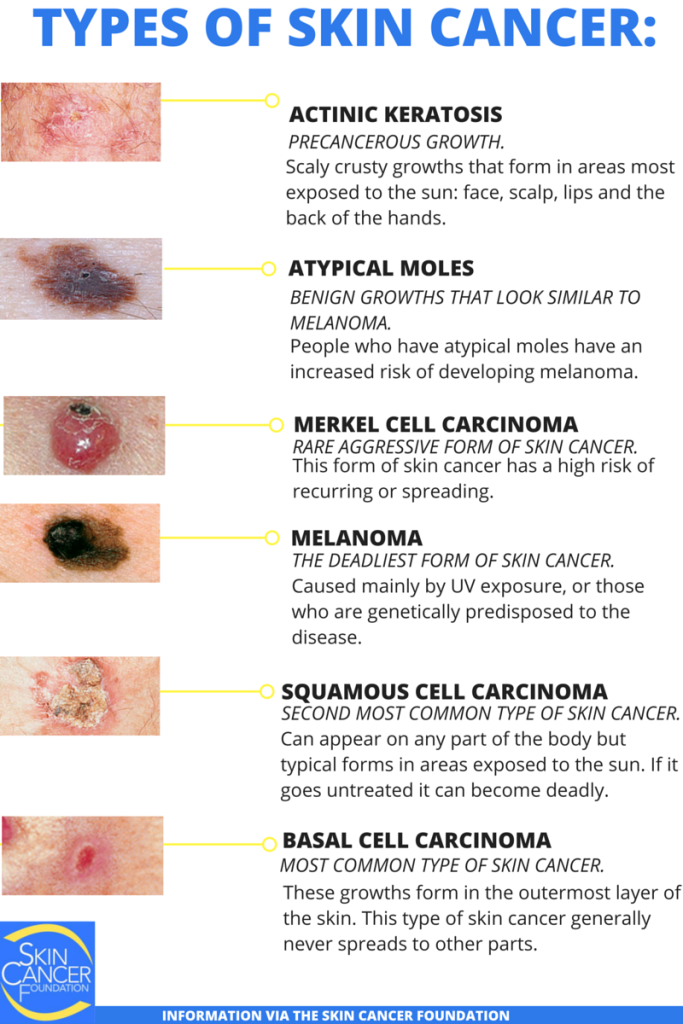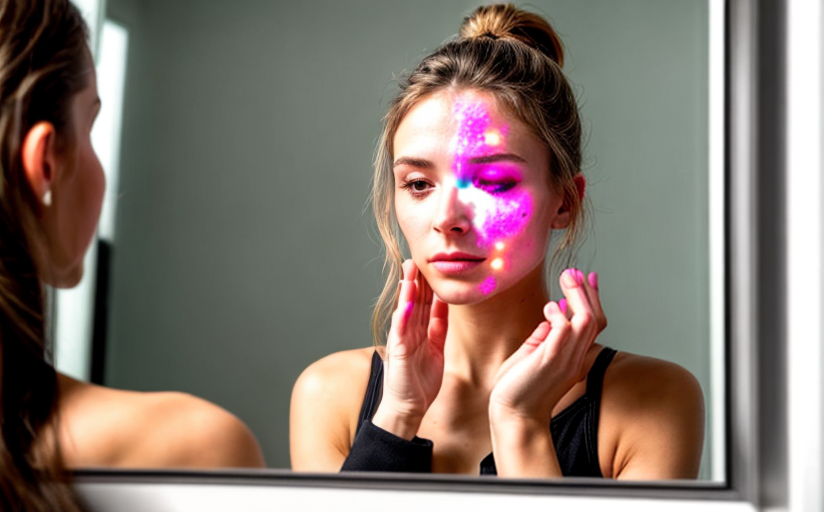The Complex Relationship Between Makeup And Skin Health: A Comprehensive Guide
The Complex Relationship Between Makeup and Skin Health: A Comprehensive Guide
Related Articles: The Complex Relationship Between Makeup and Skin Health: A Comprehensive Guide
Introduction
With great pleasure, we will explore the intriguing topic related to The Complex Relationship Between Makeup and Skin Health: A Comprehensive Guide. Let’s weave interesting information and offer fresh perspectives to the readers.
Table of Content
The Complex Relationship Between Makeup and Skin Health: A Comprehensive Guide

The beauty industry, fueled by trends and societal pressures, often promotes the transformative power of makeup. While it can enhance features and boost confidence, the impact of makeup on skin health is a nuanced topic deserving of careful consideration. This comprehensive guide delves into the potential downsides of makeup, exploring its effects on different skin types and offering practical tips for minimizing risks.
Understanding the Potential Risks:
Makeup, despite its aesthetic appeal, can pose challenges for skin health if not used responsibly. The primary concerns revolve around:
- Clogging Pores: Many makeup products contain oils, waxes, and pigments that can obstruct pores, leading to acne breakouts, particularly for individuals with oily or acne-prone skin.
- Irritation and Sensitivity: Certain ingredients, including fragrances, preservatives, and dyes, can trigger allergic reactions, redness, itching, and inflammation.
- Increased Risk of Infection: Sharing makeup tools or applying products with dirty brushes can introduce bacteria, potentially leading to infections like conjunctivitis (pink eye) or skin infections.
- Long-term Damage: Prolonged use of heavy makeup, particularly foundation and concealers, can contribute to premature aging by hindering natural skin cell regeneration and increasing the risk of wrinkles and fine lines.
- Skin Discoloration: Some ingredients, like certain pigments and sunscreens, can cause hyperpigmentation, leading to dark spots or uneven skin tone.
Factors Influencing Skin’s Response to Makeup:
The impact of makeup on skin health is not uniform and depends on various factors:
- Skin Type: Oily and acne-prone skin is more susceptible to clogged pores and breakouts. Dry skin may experience irritation and dryness from certain ingredients. Sensitive skin requires extra caution, as it is more prone to reactions.
- Product Ingredients: Natural and organic ingredients are generally considered gentler on the skin, while synthetic ingredients can trigger sensitivities in some individuals.
- Application Technique: Proper application with clean tools and brushes minimizes the risk of infections and clogged pores.
- Frequency of Use: Frequent and heavy makeup use increases the likelihood of irritation, clogged pores, and long-term damage.
- Individual Sensitivity: Each person’s skin reacts differently to makeup, making it essential to be aware of personal sensitivities and potential triggers.
Navigating the Risks: Strategies for Responsible Makeup Use:
While the potential downsides of makeup are real, responsible use can mitigate risks and promote healthy skin:
- Choose Non-Comedogenic Products: Opt for makeup labeled "non-comedogenic," indicating they are less likely to clog pores.
- Prioritize Natural Ingredients: Select products with natural and organic ingredients whenever possible.
- Patch Test Before Full Application: Apply a small amount of new makeup to a discreet area of skin to check for reactions before applying it to your entire face.
- Clean Brushes Regularly: Wash makeup brushes and sponges with mild soap and water at least once a week to prevent bacteria buildup.
- Remove Makeup Thoroughly: Cleanse your face thoroughly at the end of each day to remove makeup and impurities.
- Limit Makeup Use: Minimize makeup use when possible, especially for sensitive skin.
- Opt for Minimal Coverage: Consider using lighter formulas and less coverage when possible.
- Prioritize Skin Care: Maintain a consistent skincare routine with gentle cleansers, moisturizers, and sun protection.
- Seek Professional Advice: Consult a dermatologist or skincare professional for personalized recommendations and address any concerns.
FAQs about Makeup and Skin Health:
Q: Is all makeup bad for skin?
A: Not all makeup is inherently bad for skin. However, certain ingredients and application practices can contribute to skin problems. Choosing high-quality, non-comedogenic products and following good hygiene practices can minimize risks.
Q: What are the signs of makeup irritation?
A: Signs of makeup irritation include redness, itching, burning, dryness, flakiness, breakouts, and bumps. If you experience any of these symptoms, discontinue use of the product and consult a dermatologist.
Q: How often should I replace my makeup?
A: It’s generally recommended to replace liquid makeup (foundation, concealer) every six months to a year, and powder makeup every year. However, check individual product recommendations for specific guidelines.
Q: Are there any alternatives to traditional makeup?
A: Yes, there are alternatives like mineral makeup, which is often considered gentler on the skin, and natural-based cosmetics that minimize the use of synthetic ingredients.
Q: Can I use makeup if I have sensitive skin?
A: Yes, you can use makeup with sensitive skin, but choose products specifically formulated for sensitive skin and perform patch tests before full application.
Tips for Minimizing Makeup Risks:
- Read Product Labels Carefully: Pay attention to ingredients and look for products labeled "non-comedogenic," "hypoallergenic," or "fragrance-free."
- Choose Products with SPF: Incorporate sunscreen into your makeup routine or choose products with built-in SPF.
- Avoid Sharing Makeup: Sharing makeup tools or products can spread bacteria and infections.
- Don’t Sleep in Makeup: Always remove makeup before bed to allow your skin to breathe and regenerate.
- Listen to Your Skin: Be attentive to your skin’s reactions and discontinue use of any product that causes irritation or discomfort.
Conclusion:
The relationship between makeup and skin health is complex, with potential benefits and drawbacks. While makeup can enhance features and boost confidence, it’s crucial to approach its use with awareness and responsibility. Choosing the right products, practicing good hygiene, and prioritizing skin care can minimize risks and promote a healthy complexion. By understanding the potential downsides of makeup and implementing these strategies, individuals can enjoy the benefits of makeup while maintaining healthy, radiant skin.








Closure
Thus, we hope this article has provided valuable insights into The Complex Relationship Between Makeup and Skin Health: A Comprehensive Guide. We hope you find this article informative and beneficial. See you in our next article!
You may also like
Recent Posts
- Mastering The Art Of Eye Makeup: A Comprehensive Guide To The Color Wheel
- The Art Of Enhancement: A Comprehensive Guide To Makeup
- The Ultimate Guide To Makeup Bags For Travel: Organization, Style, And Essential Considerations
- A Guide To Makeup At Walmart For Kids: Exploring Options And Considerations
- A Comprehensive Guide To Makeup Brands Beginning With C: From Classic To Cutting-Edge
- The Ultimate Guide To Finding The Perfect Makeup Chair: A Comprehensive Look At Kmart’s Offerings
- Navigating The World Of Makeup For Sensitive Skin: A Guide To Finding The Perfect Fit
- The Ever-Evolving Canvas: Exploring Makeup Designs Through The Decades
Leave a Reply